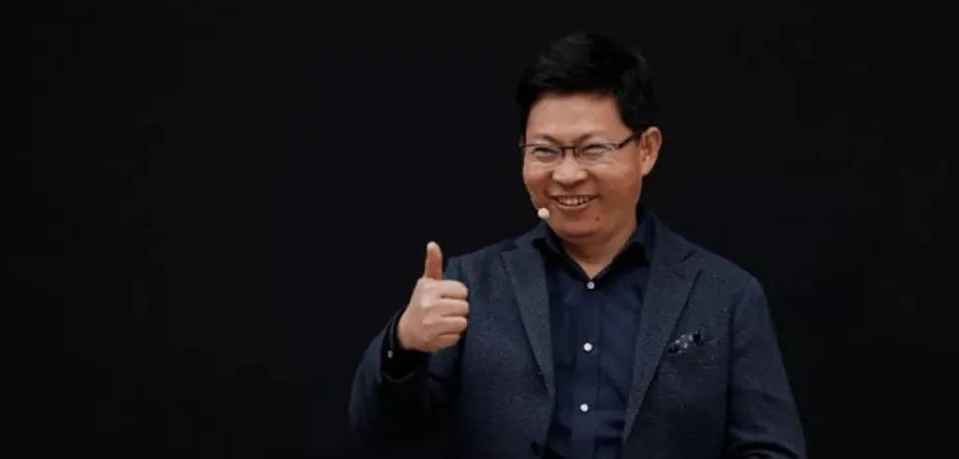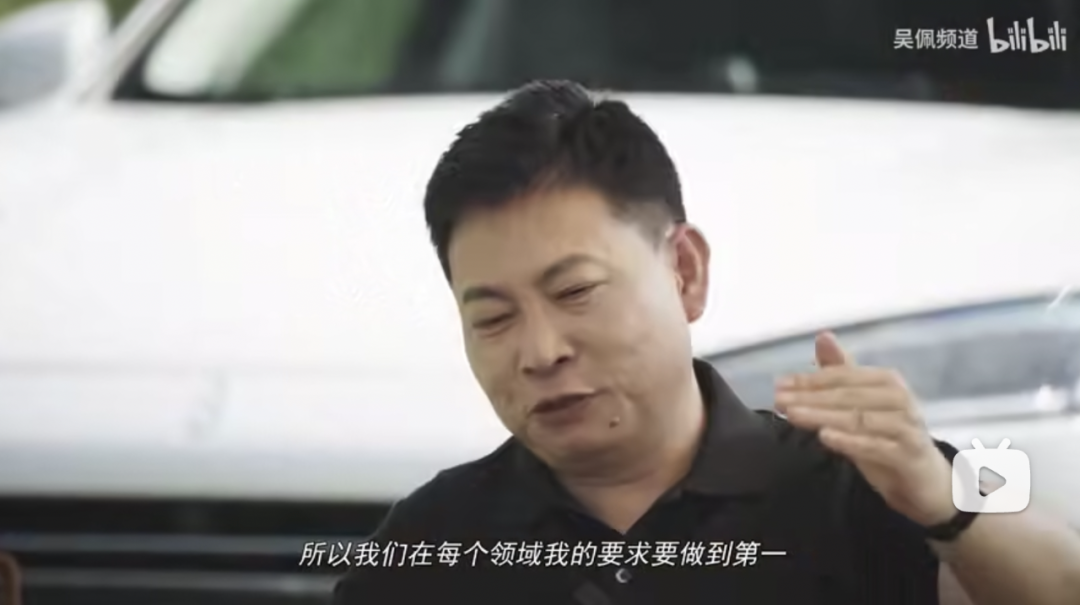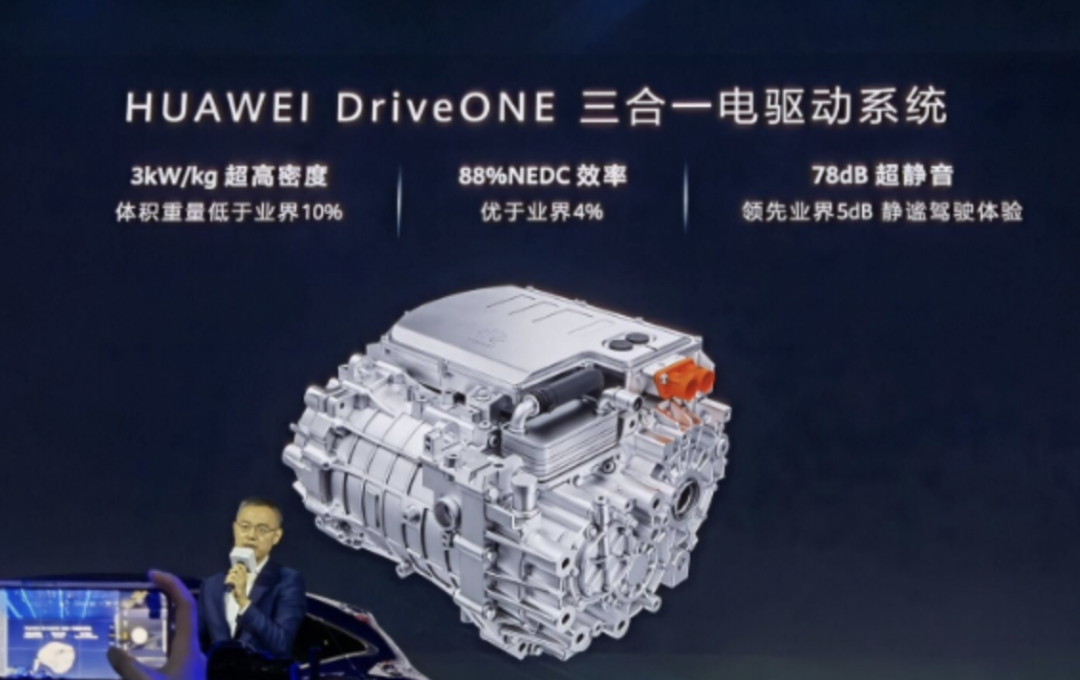万博 发自 副驾寺
智能车参考 | 公众号 AI4Auto“30万辆/year of Huawei’s Wanjie M5 is too difficult. It will be a miracle to sell 100,000 vehicles this year.”
“Huawei does not accept the excessive price of chips that used to be sold for 10 or 20 yuan, now being traded at 2,500 yuan each. I prefer to sell less than accept this price.”
Recently, during an interview with automotive blogger @吴佩, Yu Chengdong responded to various negative controversies surrounding Huawei’s automotive business status and sales goals.
In the end, despite his own boast of wanting to sell 300,000 cars being proven wrong, Yu Chengdong remains optimistic about Huawei’s automotive business:
“If we’re going to do it, let’s be the best in the world, we can definitely do it!”
What does Yu Chengdong say?
Can Huawei succeed in crossing over from smartphones to cars?
“How do you apply the experience gained in the smartphone industry to the automotive sector?”
Yu Chengdong: “There are many similarities between cars and smartphones. Firstly, they are both consumer goods where experience, quality, and brand are the three fundamental elements. For example, we have a beta user group for car design. I am very active in this group, asking questions and not letting the driver drive but driving myself because I want to discover the problems with the car.”
“Automotive industry is a very closed ecosystem, how does Huawei change this?”
Yu Chengdong: “The past was the era of mechanical industry where chassis, engine, and transmission were the core elements. Now, these three elements are not the core elements anymore. Chassis is becoming more and more standardized. The traditional mechanical parts have been replaced by battery, motor, electric control, and power management.”
“Then, intelligence is the core of differentiation. At this moment, industry has undergone a change, and it coincidentally hits Huawei’s strengths. Battery, motor, electric control, and power management are new to everyone. We are no worse than anyone else in this field. We lead in things like high-speed oil-cooled motors, and our motor CPUs have transitioned from IGBTs towards high-voltage silicon carbide, compound semiconductors, which is Huawei’s specialty. We won’t make batteries, but domestically, CATL and other enterprises, including Ningde Times, are also globally leading.”
“However, autonomous driving and intelligent cockpit are the core of the entire intelligence, and these are the areas where Huawei is most proficient.”
“In terms of autonomous driving, millimeter-wave radar for cars is a commercial product that I created during my time at Huawei Wireless in the early days. We are most proficient in millimeter-wave radar.”Translation:
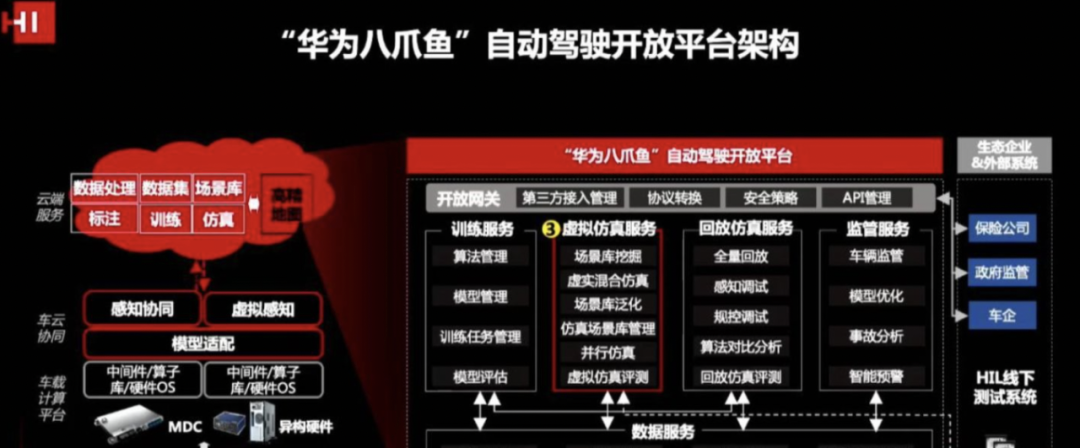
In the field of automotive industry, we are the leader in the optical network. Moreover, we are also the leader in manufacturing lidar, and even more so in the digital cockpit. In the field of self-driving, we excel in AI training, AI cluster training, AI processors and algorithms, which is also our advantage.
Our strength lies in human-machine interaction, ecological connectivity, and HarmonyOS ecosystem. Therefore, as the automotive industry shifts towards electrification, intelligence and interconnectivity, it just happens to coincide with our strengths.
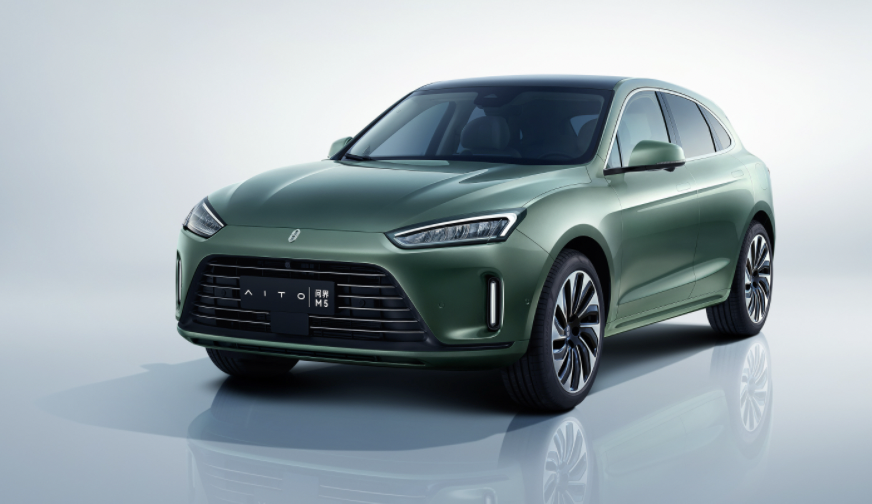
When I was fighting as a child, I realized that I had to be the first
Have you heard a story before, saying that when you were fighting as a child, you had to be the first?
Yu Chengdong: Yes, I have. I have summarized a rule from the process of fighting, and the spirit of perseverance is very important. When bigger kids bully us, as long as our team dare to fight and fight until our face is full of blood and even get up to continue fighting, they will be scared.
I have set high requirements for the team. In each project of the team, everyone must strive to become the world’s No. 1 in this field. Although, when they checked our level, we may not even have reached No. 1 in China. But, everyone keeps working hard, and soon we achieved the expected level.
In the field of automotive, we have just entered this field. I believe that with our continuous pursuit, we can help the cooperated car manufacturers to become the world’s No. 1.
This is both a belief and a vision. We will definitely achieve it, because no one remembers who comes in second. Everyone knows Mount Everest.
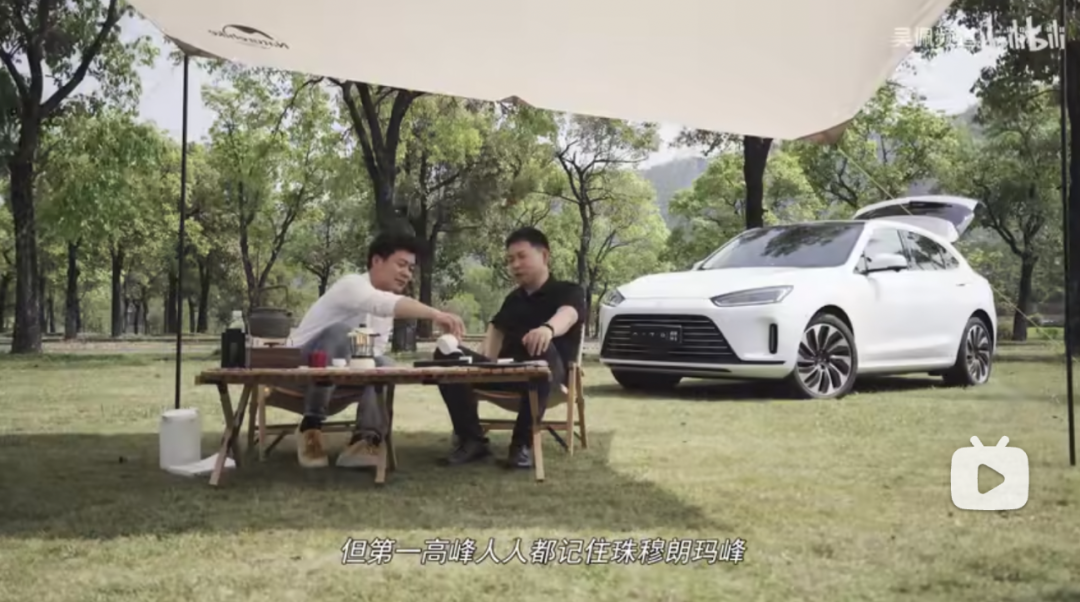
Is the annual sales target of 300,000 achievable?
Yu Chengdong: 300,000 is difficult. Under the current situation of chip shortage in the Chinese and global automotive industry, it is impossible to achieve such an annual sales target because the supply is not enough.
However, we have been increasing our monthly sales to achieve this vision. When the monthly sales of 30,000 units are achieved in 12 months, we can reach the annual sales of 300,000 units.
The BYD M5 began delivery in March, with over 3,000 units delivered. For example, over 5,000 units were delivered in April and over 6,000 units in May. Therefore, in the first year, it would be a miracle if we can achieve sales of 100,000-200,000 units.
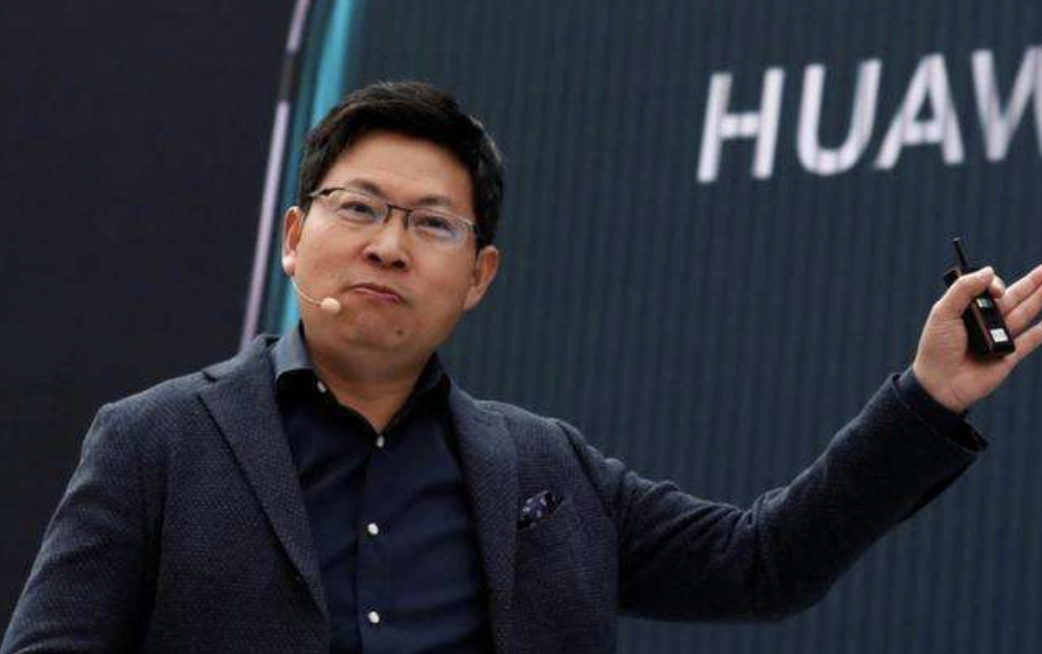
Is the chip shortage an excuse?# Translation
Yu Chengdong:
This is not an excuse, but a high goal I set for everyone. When we first entered the field, we might not be familiar with the supply situation of this industry and we did not know that this industry was so short of chips.
A chip that used to cost 10 or 20 yuan is now being speculated at 2500 yuan per chip. As nine chips are used in each car, it’s way too expensive. I cannot accept such a high speculative price. I would rather sell less instead of supporting such a trend.
How does Huawei select partners?
If an automaker wishes to collaborate closely with Huawei, Xiao Kang, a private company with strong fighting spirit and entrepreneurial spirit similar to Huawei in its early days, is one enterprise we would choose. After quick redesigning and one year of operation, the SUV ‘M5’ was produced. It was a major upgrade, fully equipped with Huawei’s intelligent cockpit. After being used, it received good word-of-mouth publicity. Moreover, the intelligent cockpit is not the final version, and there will be over-the-air updates afterward. Traditional car companies have the hardware capability, but they have shortcomings in intelligence and electronics, which happens to be Huawei’s area of expertise. This is a complementary advantage.
Although an SME, Saichi’s mentality is strong and its learning ability is remarkable, much like Huawei in its early days.
Between customers and profits in the automotive field, how do you choose?
I would rather give good experiences to customers than have high profits. Huawei also assesses profits–without profits, we cannot survive. However, we might choose to give up profits first. After we achieve good experiences and quality, consumers will gradually recognize our products so that they will produce a premium. We would rather suffer losses in the short term.
I am a car enthusiast who invested 180k to buy a ‘Jetta King’ 20 years ago.
Are you an outsider in the automotive industry?
Actually, I am a car enthusiast. I am a real car enthusiast. I bought my first Jetta King when I was very poor in 1998, which cost over 180k yuan, including various accessories. The second car was a Honda Accord, the highest configuration with a 2.3L displacement. Later, I drove a BMW 530i, the model designed by Chris Bangle with the shape of a Roman warrior. Its short wheelbase delivered a negative driving experience, unlike its long wheelbase version. After that, I drove a BMW 5-series and 7-series, Porsche…
Why did you choose to work for Huawei?
Yu Chengdong: I came out of university in the 1980s. If I couldn’t make it out in the countryside, then I would have become a farmer. My younger siblings were all in school, so my family was relatively poor. During my studies, I basically didn’t need to spend any money from my family because I had a scholarship. Later, I pursued a master’s degree and then started working. During the holidays, I worked on projects at Huawei in Shenzhen, which was the time when Shenzhen began its reform and opening up in the 1980s. After Deng Xiaoping’s famous speech in the south in 1992, I decided to stay at Huawei and didn’t leave.
This year marks my 30th year at Huawei. I have personally experienced Huawei’s growth from a small company to a giant in the industry. Mr. Ren gave his employees good treatment, a good dining hall, and good accommodation.
The key is a group of young people who have a good cultural atmosphere in the company, who work hard and strive for success. We are all a group of young people who came from the mainland, and we work together to fight and struggle here. That’s why we like this company.
Later, I created the wireless communications department at Huawei. Our first-generation wireless product to go commercial, ETS, was created by me and another colleague. I have watched Huawei’s growth from pagers to phones.
“Do you mind being called ‘Yu Big Mouth’?”
Yu Chengdong: I’m not angry about it. In the past, I felt like I might have bragged a bit too much, but I think I basically managed to achieve everything I bragged about, and many were even completed ahead of schedule. I worked from Monday to Sunday, slept 6-7 hours a day, and spent the rest of the time working.
To summarize the mobile phone industry, the minimum reproduction number was 4 to the power of n. If your product experience and quality are good, you can influence four people with just one person. Therefore, in the automotive field, as long as we focus on quality, we will definitely be able to outperform our competitors.
This article is a translation by ChatGPT of a Chinese report from 42HOW. If you have any questions about it, please email bd@42how.com.
